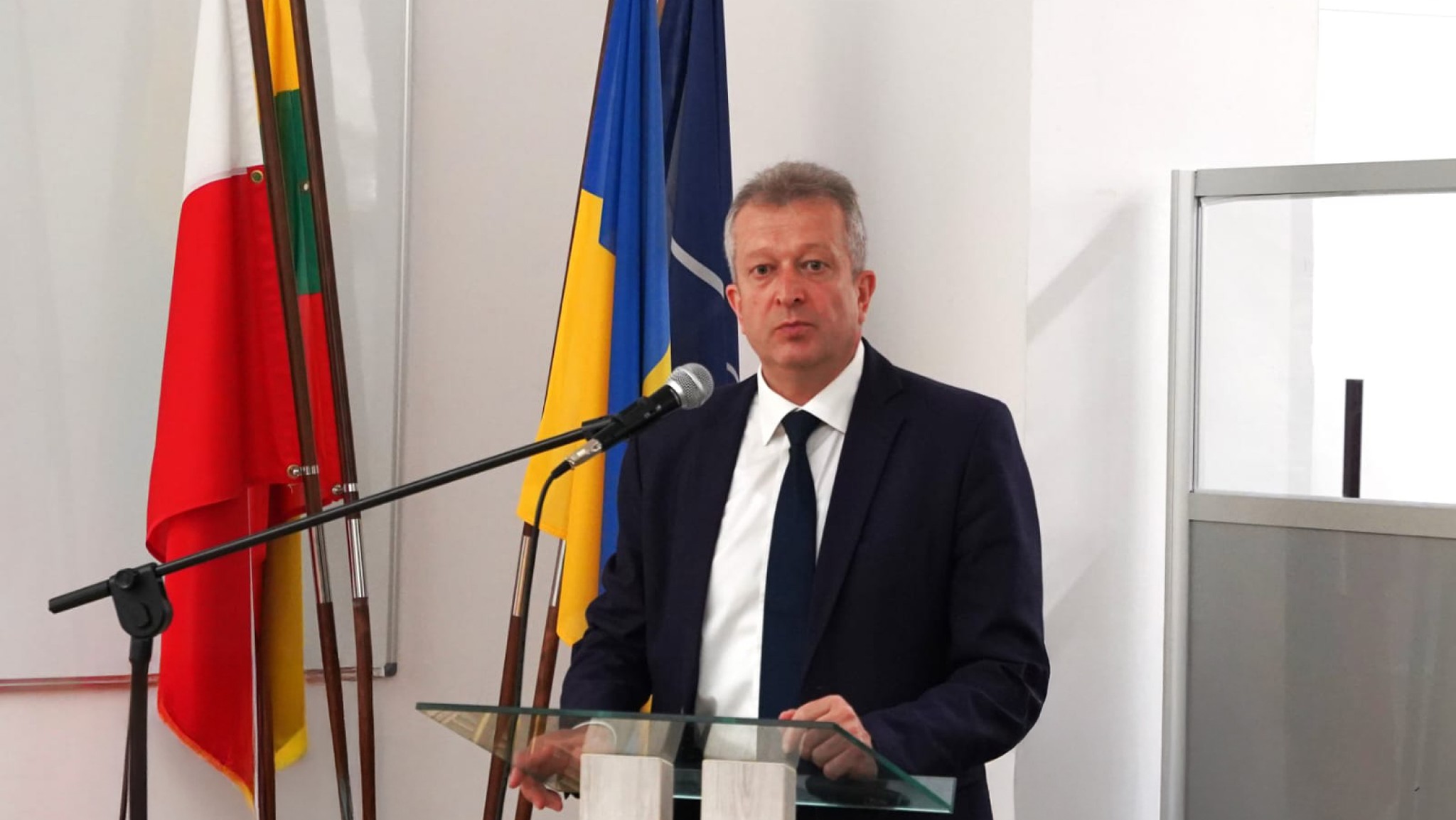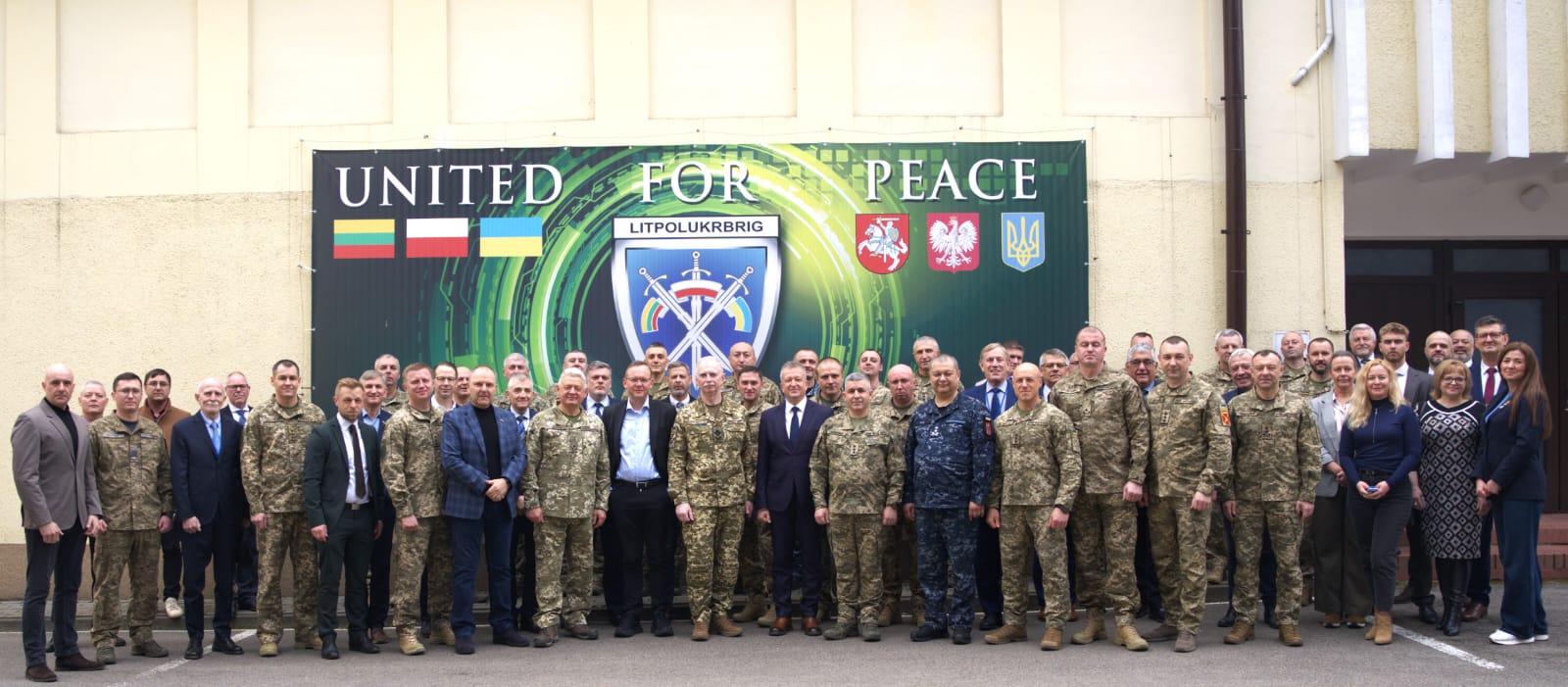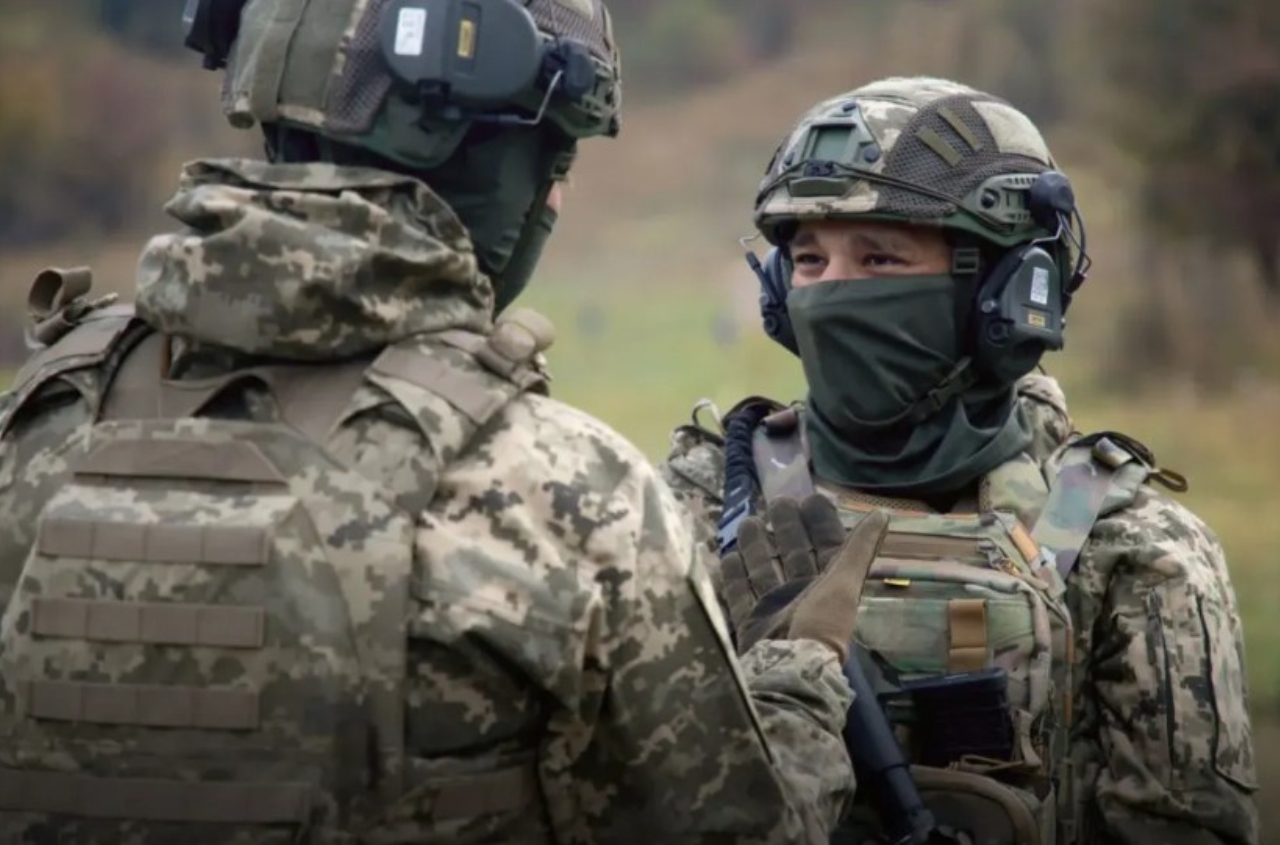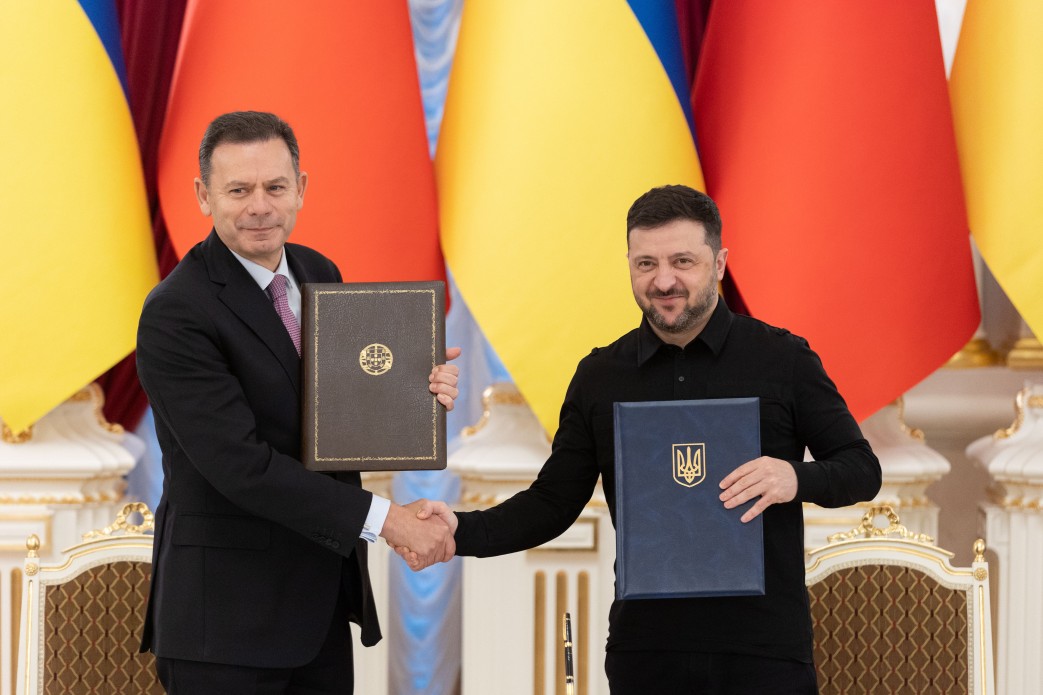In March, the annual evaluation meeting between NATO’s Defence Education Enhancement Programme (DEEP) experts and the leadership of Ukrainian military institutions took place. During the event, participants reviewed the results of their work in 2024 and outlined priorities for future cooperation.
Volodymyr Mirnenko, Director of the Department of Military Education and Science at Ukraine’s Ministry of Defence, emphasized the consistency of the country’s military education reform, fully supported by the military-political leadership and aligned with Ukraine’s strategic goal of EU and NATO membership.
"Currently, both the Ministry of Defence and the Armed Forces of Ukraine are actively preparing for an institutional audit of the military education system this autumn, aiming to demonstrate readiness for operational interoperability with NATO forces. Despite the full-scale armed aggression by the Russian Federation, we have succeeded in building an internal quality assurance system in military universities and colleges, in accordance with NATO’s ‘Education and Training’ standard,” Mirnenko said at the closing session of the evaluation meeting.
He also stressed the importance of strengthening the capacity of Ukraine’s Armed Forces with the comprehensive support of NATO’s DEEP program and allied military education institutions.

International partners acknowledged the significant progress of Ukraine’s military education system and its potential to achieve interoperability with NATO member states if the current pace of reforms is maintained.
"The Alliance will continue supporting the implementation of reforms to build a multi-level interoperable military education and training system. Core components include the adoption of the System Approach to Training (SAT) methodology, planning and military decision-making procedures based on NATO standards, combined with Ukraine’s battlefield experience,” said NATO DEEP Director Mariusz Solis.
He noted that a key indicator of successful transformation will be the upcoming institutional audit, which will evaluate the implementation of recommendations from the previous 2020 audit regarding compliance with NATO standards and criteria.
The event was held, as is tradition, in Lublin, Poland, at the base of the Lithuanian–Polish–Ukrainian Brigade named after Prince Konstanty Ostrogski (LITPOLUKRBRIG). Participants included representatives from the Department of Military Education and Science of the Ukrainian Ministry of Defence, the Central Directorate of Military Education and Science of the General Staff of the Armed Forces of Ukraine, the Main Inspectorate of the Ministry of Defence, the Directorate for Work with Non-Commissioned Officers, as well as the NATO DEEP expert delegation led by Mariusz Solis.





















